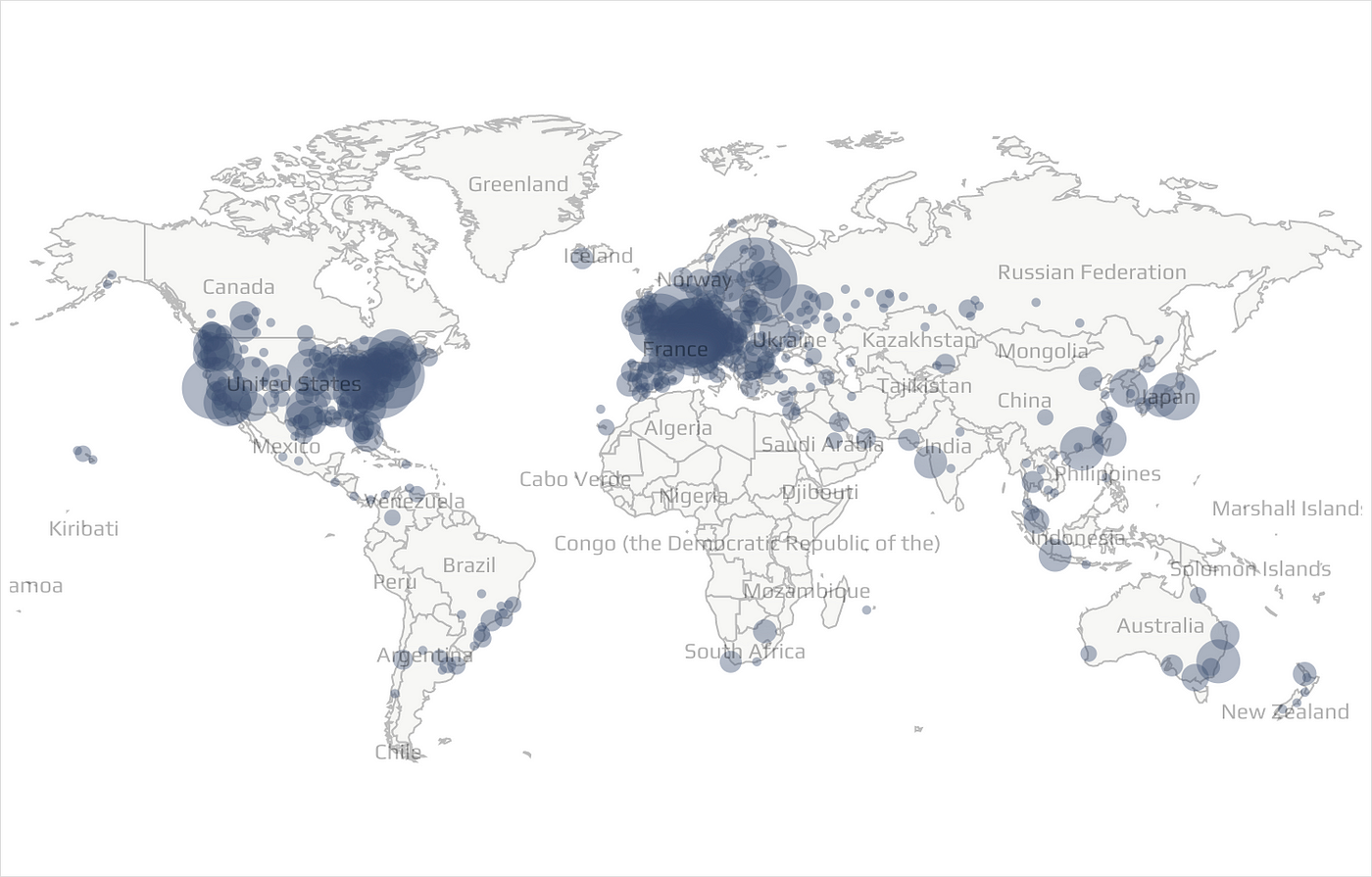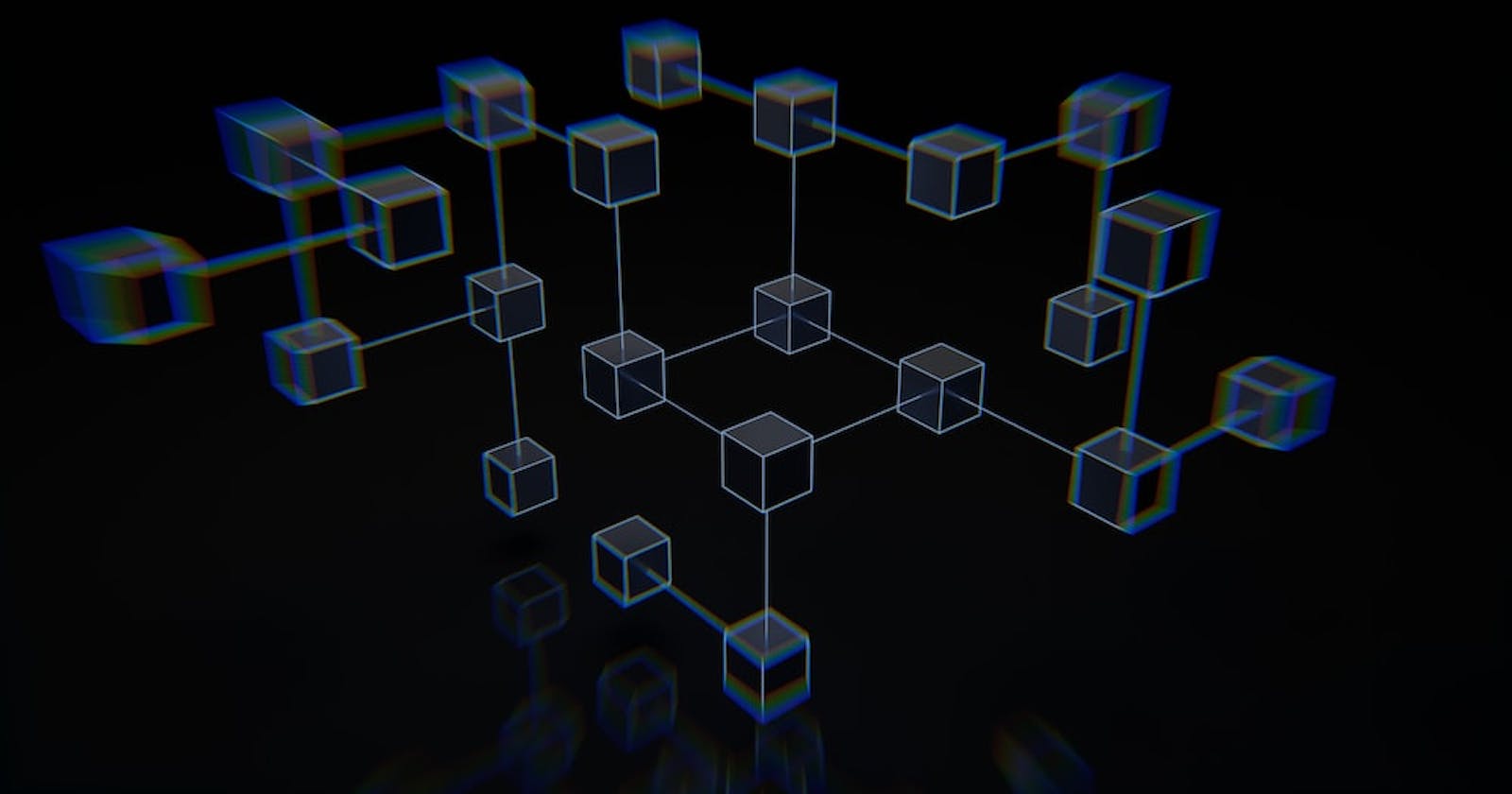Human nature doesn’t change. That struggle existed a hundred thousand years ago. That struggle exists today. What does change is technology. A hundred thousand years ago, an enraged human being could maybe kill 10 other people. And today, an enraged human being can kill a hundred million people. So as technology advances, our thoughts about ethics and morality and technology and civility have to evolve.
Micheal Saylor
Experts in every field have spent a lot of time thinking about the potential implications of global catastrophes like nuclear war. It’s not a pleasant topic, but it’s a necessary one. The fact is, the risk of nuclear war is always present, and we need to consider how we can best prepare ourselves and our communities for the aftermath.
In recent years, we’ve seen the power of blockchain to provide secure and decentralized storage of information. But what if we could take this one step further? What if we could use blockchain as a tool for survival in the face of a nuclear war? This blog will explore the potential applications of blockchain technology in a post-apocalyptic world and how it could help us rebuild and thrive. It’s time to start thinking about the unthinkable and considering the role of blockchain in our future survival.
In a blockchain network, data is stored on a decentralized network of nodes rather than on a centralized server. Each node in the network stores a copy of the blockchain, which is a ledger of all transactions that have taken place on the network. This means that if one node goes down, the data on the network is still accessible from other nodes.

For example, storing identity information, financial records, and medical records on the blockchain network would be like having a plant that has spread its seeds globally. As long as a single seed (a node) is still around, the information and assets can be completely regrown. Smart contracts can be used to enforce strict access controls and permissions, ensuring that only authorized parties can view or modify the information stored on the blockchain.
In addition to providing secure storage of information, blockchain technology could also serve as a tool for trade and commerce in a post-apocalyptic world. After the nuclear blast (if you survive), are you going to wait for the government to reboot the banking system? Will you trust them to honour your previous account balances (lol)? After a global calamity, anyone with blockchain-based cryptocurrency will be transacting with each other far before legacy financial systems are rebooted.
Humanity will do everything that it can to rebuild the internet after a global calamity. When the electricity comes back on and some form of global communication resumes — Blockchain network will return.
But what if a global nuclear war completely wipes out humanity? Well then,
That's a galactic shame.
